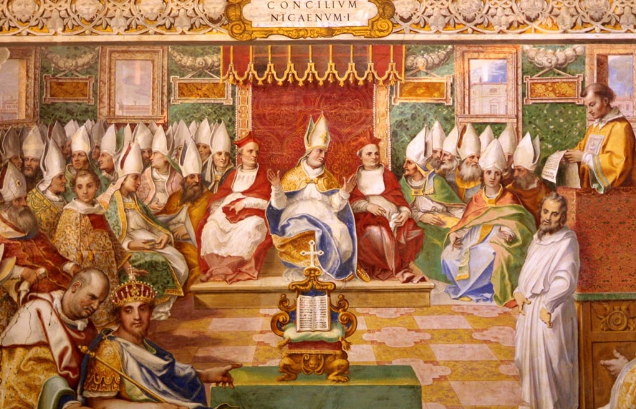Saint Athanasius and the Council of Nicaea: A Crucial Moment in Church History
Understanding the significance of Saint Athanasius and the Council of Nicaea is essential for anyone interested in Christian theology and church history. These events marked pivotal moments in shaping early Christianity, influencing doctrine that resonates to this day. Let’s delve into Athanasius’s life and contributions, as well as the Council’s vital role in addressing early doctrinal disputes.
The Life of Saint Athanasius
Saint Athanasius was born around 296 AD in Alexandria, Egypt. Renowned for his staunch defense of Christianity, he became known as one of the early Church’s most influential theologians. Athanasius served as the Bishop of Alexandria and was particularly focused on combating the Arian controversy. This theological dispute questioned the nature of Jesus Christ and his relationship to God the Father, vital concepts for early Christians. Athanasius’s unwavering stance against Arianism made him a central figure not just in Alexandria but throughout the expanding Christian world.
The Council of Nicaea: A Turning Point
In 325 AD, the First Council of Nicaea convened under the Roman Emperor Constantine. The main agenda was to address the Arian controversy, which had caused significant division in the Church. Athanasius played a critical role in the proceedings, advocating for the phrase “homoousios,” which means that Jesus is “of the same substance” as the Father. This clarification was powerful in affirming the divinity of Christ and countering Arian claims. The resulting Nicene Creed, which articulates the core tenets of Christian faith, emerged from the council, laying a foundation that would guide Christian belief for centuries.
Legacy and Impact of Athanasius
The legacy of Saint Athanasius extends far beyond the Council of Nicaea. His writings, most notably “On the Incarnation,” have influenced countless theologians and contributed significantly to the development of Christology. Athanasius’s commitment to his beliefs led to his exile multiple times, highlighting his resolve in defending the faith. He is honored as a Doctor of the Church and is celebrated for his insights into the relationship between God and Christ. His work continues to inspire believers, encouraging them to explore their faith deeply and thoughtfully.
Conclusion
The story of Saint Athanasius and the First Council of Nicaea encapsulates a defining moment in the establishment of Christian doctrine. By learning about their contributions, we can gain a deeper appreciation for the faith we practice today. Whether you are interested in theological study or simply curious about early Church history, exploring these topics can enrich your understanding of Christianity. Consider diving into Athanasius’s writings or researching more about the Council of Nicaea to further your journey in faith.

